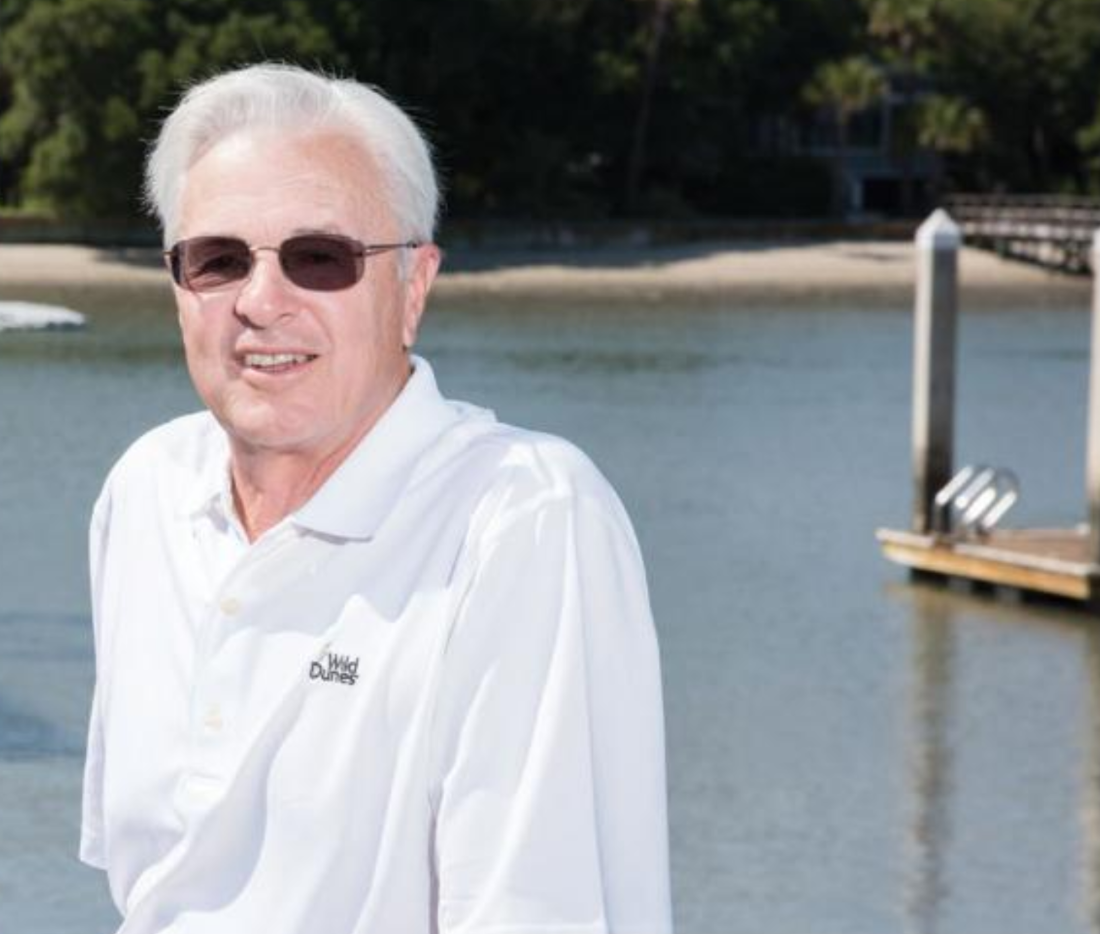

Philip Riker III ’64 P’90 earned first-team All-America recognition six times at the University of North Carolina. Today, he is a member of the North Carolina Swimming Hall of Fame, honoring the state’s all-time greatest competitors.
Lawrenceville’s Summer Olympians: Philip Riker III, Class of 1964, P’90
The ink was barely dry on Philip Riker III’s Lawrenceville diploma when he competed in the 1964 Summer Olympics in Tokyo in the 200-meter butterfly. Riker left Lawrenceville without any assurance that he would be among the athletes traveling to Tokyo. Still, he had hope.
The ink was barely dry on Philip Riker III’s Lawrenceville diploma when he competed in the 1964 Summer Olympics in Tokyo in the 200-meter butterfly. Swimming on a deep U.S. team, the 18-year-old Riker finished fourth, behind Australia’s Kevin Berry, and American teammates Carl Robie and Frederick Weber Schmidt, with a time of 2:11.0.
After finishing third in the Olympic trials with a time of 2:09.5, just fractions behind Schmidt and Robie, Riker was considered a good candidate to medal in Tokyo, even as one of the youngest male competitors. After setting high-school records as a student in Paterson, New Jersey, Riker arrived at Lawrenceville in 1962 and immediately began rewriting the record books. In 1963, he broke the national prep-school record in the 100-yard butterfly, according to the September 25, 1964, issue of The Lawrence, which previewed Riker’s upcoming performance that October in the Summer Games.
The 1964 Summer Games were not held until October of that year, so Riker left Lawrenceville without any assurance that he would be among the athletes traveling to Tokyo. Still, he had hope.
“The trials were later that summer, so I still had to compete and qualify,” Riker recalls. “And right out of Lawrenceville, I was still very young to be competing against a lot of older guys who were graduating from college. That’s a big step. But that’s always every kid’s dream, right? You want to go to the Games.”
It was a sports-oriented friend from Lawrenceville who played a hand in encouraging Riker to realize he had the talent for the big stage.
“Bob Ryan [’64], who we called ‘Scribe’ – he was the sports editor for The Lawrence – came up to me and said, ‘Phil, you’re going to try for the Olympics, right?’ I said, ‘yeah, sure, I’ll try,’” Riker recalls of his classmate, now the heralded sports reporter for The Boston Globe and ESPN. “But he followed sports very closely and it was him who gave me that first inkling that I could actually do it. From then on, I stayed positive about it.”
After returning from Tokyo, Riker enrolled at the University of North Carolina at Chapel Hill, where he captured the 1966 NCAA championship in the 100-meter butterfly, clocking in at 51.19 seconds. He won Atlantic Coast Conference (ACC) championships in the 100- and 200-yard butterfly for three straight years, and was a member of the ACC record-breaking 400-yard medley relay team. For his exploits, Riker earned first-team All-America recognition six times. Today, he is a member of the North Carolina Swimming Hall of Fame, honoring the state’s all-time greatest competitors.
Riker also continued competing for the U.S. swim team after his Olympic moment, earning the opportunity to transcend athletics at the 1966 World Collegiate Games in Budapest.
“We were actually the first Americans to go behind the Iron Curtain,” he explains. “They are still going on, but now it’s just another event that everyone goes to. Back then, it was all very different. They thought it was all a big Communist plot [to get us to compete there], and a lot of people didn’t really want us to go. We all had our interpreters, who were really just our Communist handlers, but they were just regular guys. It really wasn’t what it was built up to be. It was great fun and it was great competition.”
A version of this story appeared in the summer 2016 issue of The Lawrentian.
